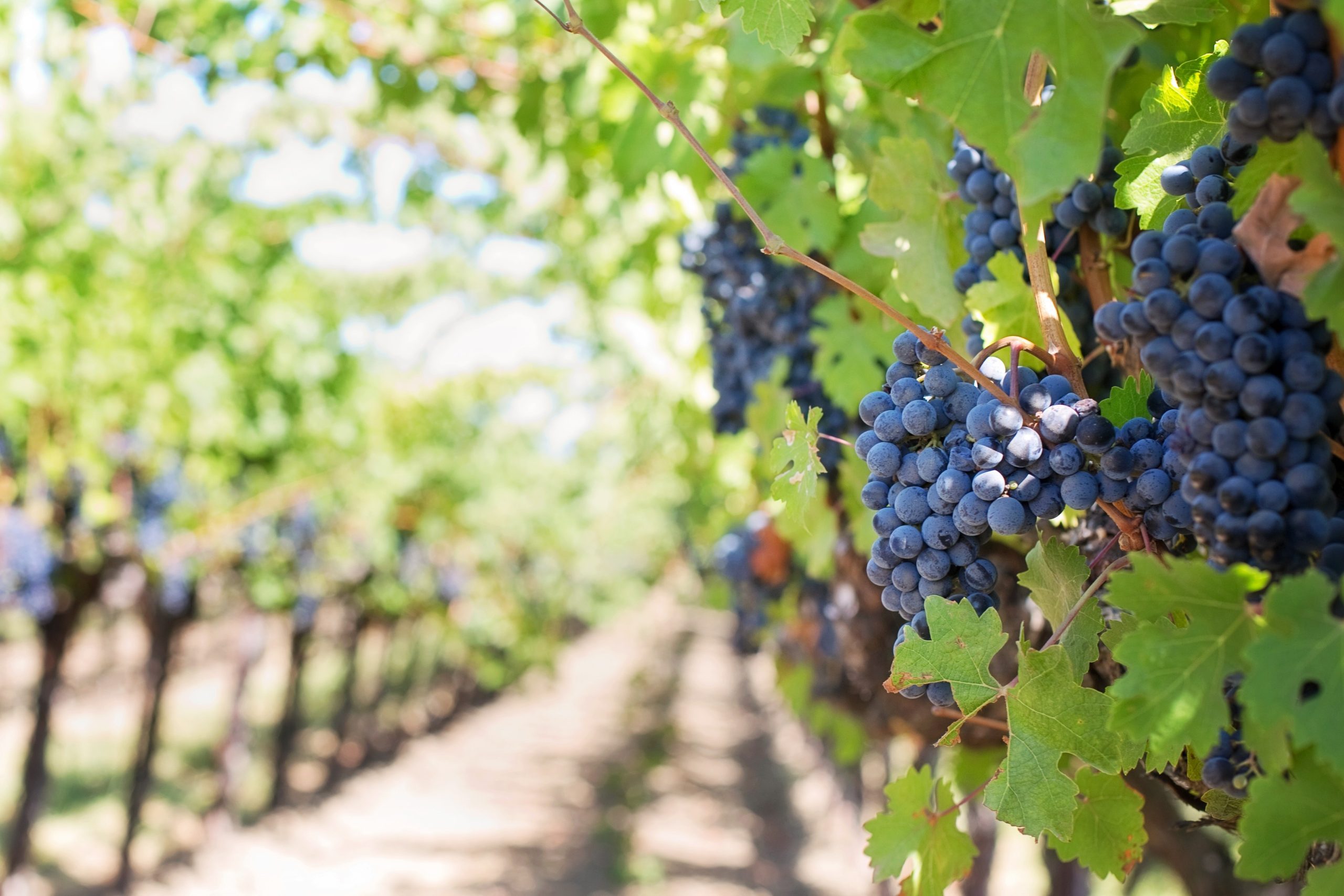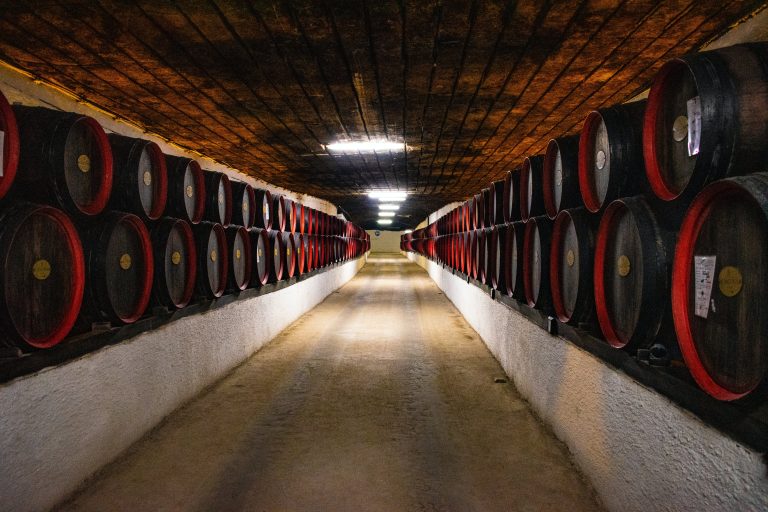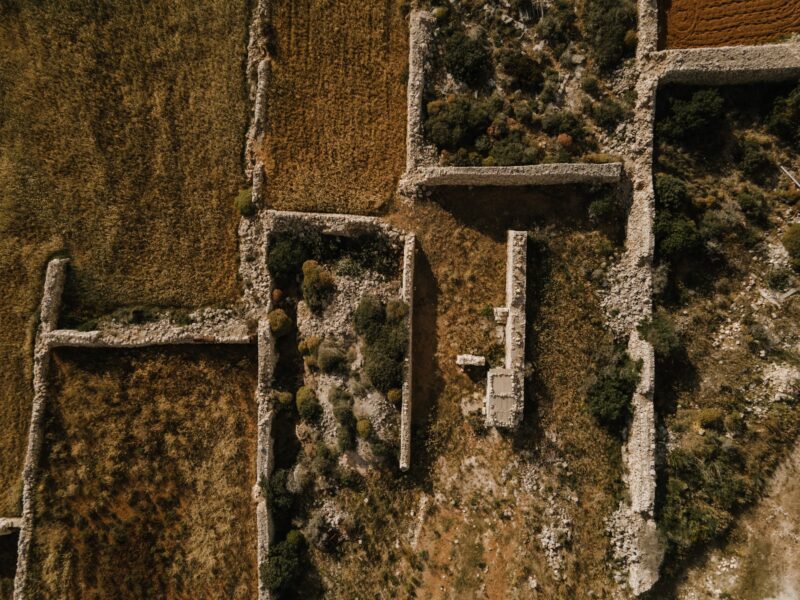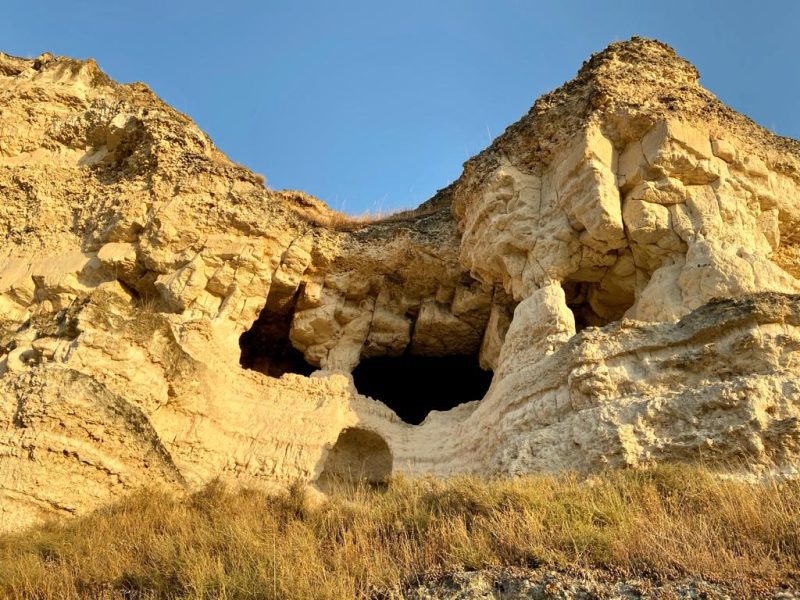

From the first plantations to the rise of the wineries
Wine is one of the oldest known beverages. But when was wine invented? The earliest evidence of its production dates back to 6000 BC, in the Caucasus area of Asia Minor. The vine is a plant native to this region, and its cultivation quickly spread to other parts of the world, such as Mesopotamia, Egypt, Greece and Rome.
It is not known who invented wine, but it is not until the Bronze Age (3,000 BC) that the true birth of wine is thought to have taken place – before that, perhaps, it had been achieved accidentally. Archaeologists have found evidence of the first wine harvest at Sumer, located between the Tigris and Euphrates rivers in ancient Mesopotamia. In ancient Mesopotamia, wine was considered a sacred drink, and was used in religious rituals. In Egypt, wine was highly valued for its medicinal properties. The Greeks, on the other hand, considered wine a drink of the gods, and associated it with Dionysus, the god of wine, fertility and nature.
It was the Romans who brought wine to most of Europe. Under the Roman Empire, wine became a popular drink throughout the Mediterranean world. The Romans also developed the techniques of vine cultivation and winemaking, which are still used today.
After the fall of the Roman Empire, the history of wine declined, as vine cultivation and wine production declined in Europe. However, viticulture recovered in the Middle Ages, and wine once again became an important beverage in European society.
In the Modern Age, wine became a luxury drink, consumed by the aristocracy and the upper class. In the 18th century, vine cultivation spread to America, and wine became a popular drink all over the world. At this time, the germ that would evolve into the wine cellars we know today began to take shape.

The rise of the wine cellars
The 20th century brought with it the flourishing of cellared wines in previously unexplored regions, creating a wealth of flavors and unparalleled experiences in every bottle. Several factors contributed to this unprecedented boom:
Technological improvements. Thanks to new machinery and process automation, wine production and quality evolved. The introduction of modern machinery, controlled fermentation techniques and advances in bottling allowed for greater consistency in production and greater longevity of the wines. This raised the reputation of the wineries and attracted a wider clientele.
Globalization. International trade expanded, allowing wines from different regions to be accessible worldwide. This encouraged competition between wineries and fostered the diversification of styles and varieties, as well as the various wine appellations.
Oenological education. It flourished with the opening of oenology schools and training programmes. This gave rise to a new generation of oenologists and wine experts who drove innovation and quality in production.
Wine tourism. Wine culture became a growing trend, with wineries opening their doors to the public, offering winery tours and tastings. This not only increased the visibility of the wineries, but also boosted enotourism in wine regions all over the world.
Wine today
Nowadays, wine is a drink appreciated by millions of people all over the world and wineries ensure that it is of the highest quality. It is produced in more than 100 countries, and there are thousands of different varieties of wine. Wine is used to accompany meals, as a social drink and for special occasions. It is a versatile drink that can be enjoyed in many different ways. It can be drunk neat, on the rocks or with water. It can also be used in cooking, to prepare sauces, soups and desserts. Wine is a drink that can be enjoyed on any occasion, and has something to offer every palate.
The denominations of origin of wine in Spain are responsible for regulating that the wine meets a series of essential characteristics to be considered part of that protected designation of origin, watching over the history, the vines and the terroir.
Nowadays, wine is more than a drink, it is an experience. New generations have taken up the art of viticulture, experimenting with innovative and sustainable techniques, promising a bright future for the world of wine.
This immersion into the fascinating origins of wine is sure to have awakened in you a deep appreciation for this age-old beverage. Now, we invite you to take your exploration to the next level by visiting Bodega La Olmilla. Here, in the heart of the winemaking tradition, you will have the opportunity to experience first-hand the magic that envelops wine creation.
Don’t miss the opportunity to immerse yourself in this world of aromas and flavors, where history and modernity intertwine to offer you a unique experience. Book your visit to the winery with tasting on this link, by calling 689 796 521 or sending an email to reservas@bodegalaolmilla.es. You can make a visit with or without show or with a dramatized show and take advantage of our discounts for groups and companies. If you have any questions or need more information, do not hesitate to contact us at info@bodegalaolmilla.es.
We are waiting for you with open arms and a cup of wine at La Olmilla!




